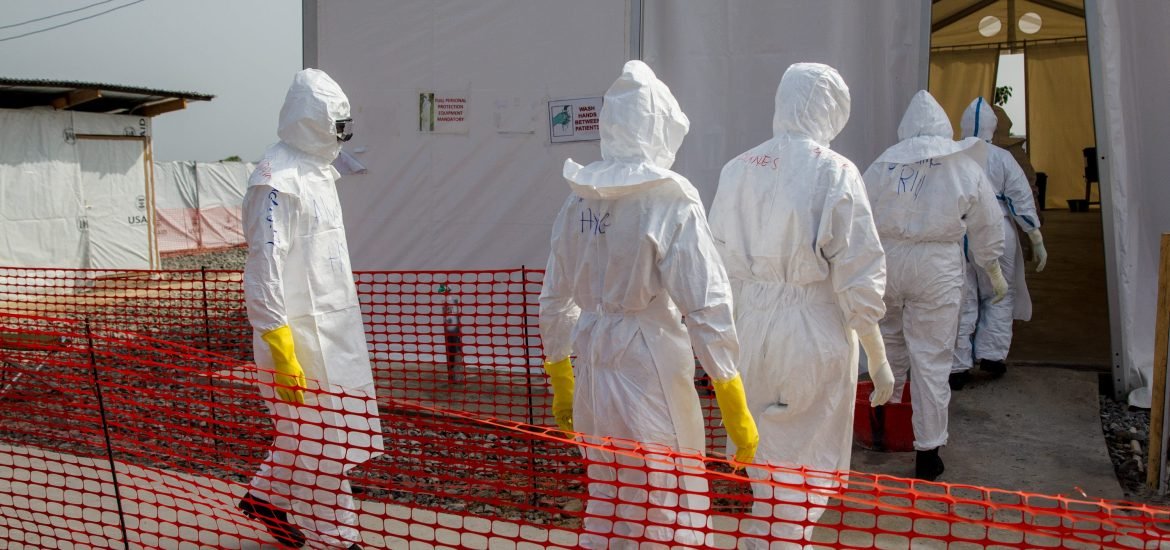
As the Ebola outbreak in the Democratic Republic of the Congo continues to spread, health officials are considering deploying experimental drugs in addition to an experimental vaccine in order to combat the virus.
The outbreak began in a remote area of the Equateur Province, but has since spread to the provincial capital of Mbandaka, a port city of 1.2 million people that sits on the Congo River.
“The confirmed case in Mbandaka, a large urban centre located on major national and international river, road and domestic air routes increases the risk of spread within the Democratic Republic of the Congo and to neighbouring countries,” the World Health Organisation (WHO) said.
“WHO has therefore revised the assessment of public health risk to very high at the national level and high at the regional level,” according to the organisation. Despite the high local risk, WHO said the global risk is currently low.
The spread of Ebola to an urban area has added new urgency to efforts to contain the outbreak.
“Confirmation of urban Ebola in DRC is a game changer,” Peter Salama, director-general for emergency preparedness and response at the WHO, tweeted. “The challenge just got much, much tougher.”
According to WHO spokesman Tarik Jasarevic, 25 out of 45 cases have been fatal and 14 of the cases have been confirmed by laboratory tests. As the death toll rises, health workers and officials are considering new measures to keep the virus from spreading.
“In the past our major objective was containment,” Salama said at a press conference on Friday. ” One of the paradigm shifts we’re seeing in this response is to offer communities a lot more.”
During the 2014-16 Ebola outbreak in West Africa, experimental treatments and vaccines were not deployed fast enough to begin clinical trials before the outbreak started to diminish.
“What’s changed is that there’s an acceptance that research during an outbreak is something we need to do,” Daniel Bausch, director of the UK Public Health Rapid Support Team in London, told Nature. “It’s an opportunity and an obligation, not a luxury item.”
The Congolese government approved the shipment of 4,000 doses of the experimental vaccine earlier this month. Although the rVSV-ZEBOV vaccine, produced by Merck, was approved for use in the 2017 Ebola outbreak in the DRC, the outbreak was controlled before the vaccine was shipped.
“The Congolese went through this a year ago and they recognise vaccines and therapeutics as a potential solution to the problem,” Bausch told Nature.
Jean-Jacques Muyembe-Tamfum, director-general of the National Institute for Biomedical Research in Kinshasa, said the vaccines arrived in the DRC on Wednesday and could be given to outbreak responders, patients and those they have been in contact with next week, reports Nature.
Aid workers have also requested approval to treat patients with three potential drugs that were given to patients with Ebola during the 2014-16 outbreak.
Neither the drugs – ZMapp, favipiravir and GS-5734 – or the vaccine have been “definitively proved” to reduce the risk of death caused by Ebola, according to Nature. However, 5,837 volunteers received the vaccine during the 2014-16 outbreak and none became infected with the virus.
Photo: UNMEER/Martine Perret